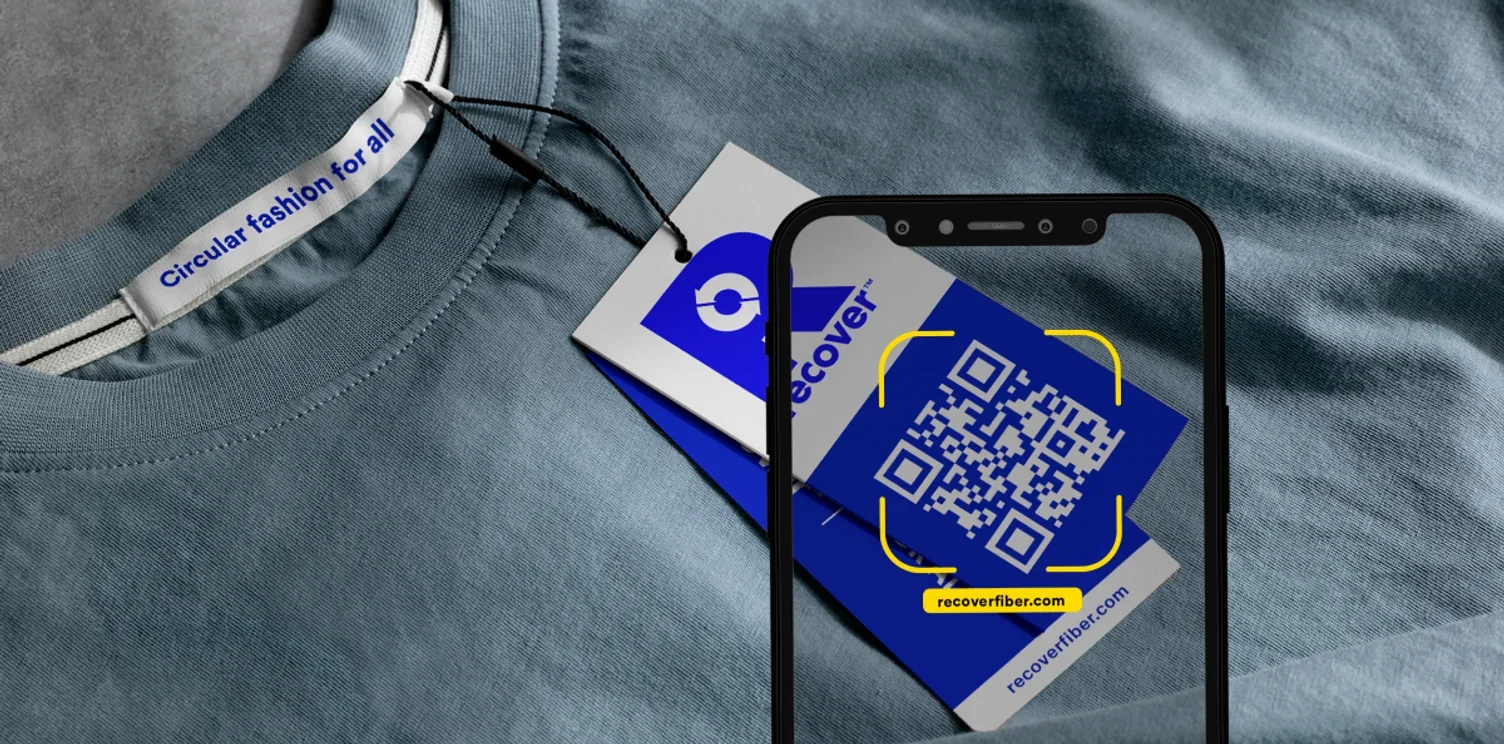Building Traceable and Transparent Hemp Apparel Supply Chains from Farm to Finished Garment
Apparel is changing. Traceability and responsible sourcing are no longer optional, especially in the era of EU due diligence, digital product passports, and greenwashing scrutiny.
The Responsible Hemp Standard (RHS) empowers brands, mills, and processors to meet these new expectations with confidence through verified, transparent hemp fiber supply chains that span from farm to final product.
What is RHS?
RHS is the first global chain-of-custody certification for industrial hemp. It was designed to ensure:
Full traceability from farm to finished product
Third-party verification of responsible farming practices
Clear documentation via Transaction Certificates (TCs)
Recognition of responsible processing and manufacturing practices
“If it’s not certified, it’s not traceable.”
How it Works
Farm audit by Certification Body
Processing facility audit by Certification Body (decortication, degumming, etc.)
Textile mill audit by Certification Body (spinning, dyeing, etc.)
A transaction certificate (TC) available upon request
Brand receives finished product + TC
Why it Matters
RHS helps brands and mills prepare for:
EU Corporate Sustainability Due Diligence Directive (CSDDD)
Digital Product Passports (ESPR)
Greenwashing regulations and sustainability claim scrutiny
Demand from buyers for verified, low-impact natural fibers
What it Guarantees
Prove it. RHS provides verified traceability for certified hemp fiber—from farm to finished garment—supporting credible sustainability claims.
Responsible farming. RHS promotes regenerative practices without Highly Hazardous Pesticides or synthetic fertilizers.
Meet due diligence goals. Stay ahead of EU supply chain regulations with a system designed for environmental and social compliance.
Strengthen your sourcing. Build trusted, long-term relationships with responsible hemp farmers and processors.
Pillars of RHS
Cultivation Excellence
Ensures the use of responsible cultivation methods to produce textile-grade hemp fiber.
Processing Integrity
Ensures processors and manufacturers meet strict quality control measures, maintaining consistency and safety throughout production.
Distribution and Supply Chain Validation
Ensures all certified materials are validated through origin and mass balance, providing fully traceable hemp from farm to finished garment.
Ethical Labor Practices
Upholds fair labor practices, promoting worker welfare and social responsibility across the hemp fiber and textile supply chain.
Legal Compliance
Ensures compliance with local and international laws and regulations,.
Environmental Stewardship
Encourages sustainable practices across the hemp apparel and home textile supply chain, measuring and reducing overall environmental impact.
Consumer Education
Educates consumers about the benefits of hemp, including its benefits, proper usage, and responsible consumption.
Product Safety and Quality Assurance
Implements strict testing and quality assurance measures to ensure that hemp products meet the highest quality and safety standards.
Continuous Improvement
Encourages participants to continually improve their practices, fostering ongoing advancements in quality, sustainability, and ethical labor standards.
Why Hemp?
Consider these key advantages of using hemp as a natural fiber alternative in apparel production:
Natural moisture-wicking properties
Naturally biodegradable
Higher tensile strength than cotton
Wears in, not out
Requires less water and pesticides than conventional cotton
Source certified. Scale responsibly. Build trust.
The Responsible Hemp Standard gives apparel brands a clear path to sourcing traceable, certified hemp fiber, aligned with EU due diligence, regenerative goals, and consumer demand for credible sustainability. RHS turns hemp into a verified natural fiber solution you can scale with confidence.
Traceability From Farm to Finished Garment
Take The First Step Toward RHS Certification







